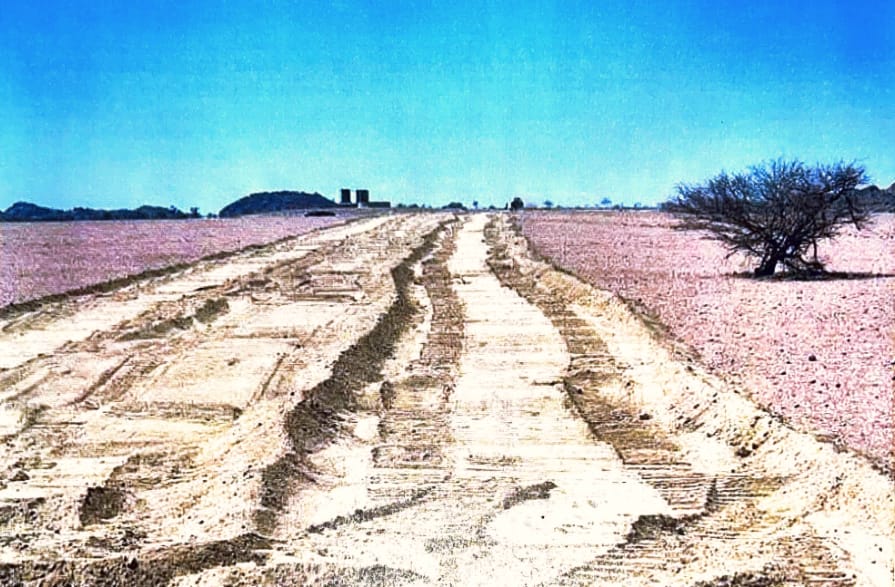While Starlink’s application to operate in Namibia is still awaiting a decision from the regulator, a tech expert says the satellite internet service will offer substantial opportunities to enhance internet accessibility and service quality in the country.
Starlink is a satellite internet constellation operated by Starlink Services, a wholly-owned subsidiary of Elon Musk’s SpaceX.
It delivers broadband internet beamed down from a network of roughly 5 500 satellites that SpaceX started launching in 2019.
The company is yet to secure a licence to operate in Namibia from the Communications Regulatory Authority of Namibia (Cran).
Paratus will be the licenced operator of StarLink in Namibia.
“Starlink has submitted an application for licences to the authority, and the application is being processed and considered in terms of the provisions of the Communications Act and relevant regulations,” says Cran chief executive Emilia Nghikembua.
Tech expert Tuyoleni Hamata says in countries like Nigeria and Rwanda, Starlink has significantly outperformed traditional internet service providers in terms of download speeds, offering up to 63,69 megabits per second (Mbps) compared to 15,60 Mbps by fixed broadband providers in Nigeria.
He says the introduction of Starlink has led to increased competition in the market of internet service providers.
For instance, in Nigeria, Starlink reduced its hardware prices by 21% to capture more of the market. This competition can drive local internet service providers to improve their services and offer more competitive pricing.
“The experiences of other sub-Saharan African countries suggest that with appropriate regulatory measures and strategic partnerships, the integration of Starlink can significantly benefit Namibia’s telecommunications landscape,” Hamata said.
Hamata further said integrating Starlink into Namibia’s current telecommunications infrastructure could pose technical challenges, especially in ensuring compatibility and maintaining service continuity.
He says the technology also offers opportunities for enhancing the existing network, particularly in remote areas where laying traditional internet cables is not feasible.
Other potential concerns are latency and regulatory challenges.
“Regulatory challenges may arise, particularly concerning data sovereignty. Ensuring that data remains secure and compliant with local regulations is crucial,” Hamata says.
Despite the competitive pricing, the initial set-up cost and monthly fees may still be prohibitive for many potential users in rural and low-income areas, he adds.
Overall, Hamata asserts that StarLink’s enhanced internet connectivity can attract new businesses, support local start-ups and create jobs in the telecommunications sector.
“As a backup network, Starlink can play a critical role during natural disasters, ensuring continuity of communication when terrestrial networks are disrupted,” Hamata says.
Stay informed with The Namibian – your source for credible journalism. Get in-depth reporting and opinions for
only N$85 a month. Invest in journalism, invest in democracy –
Subscribe Now!






